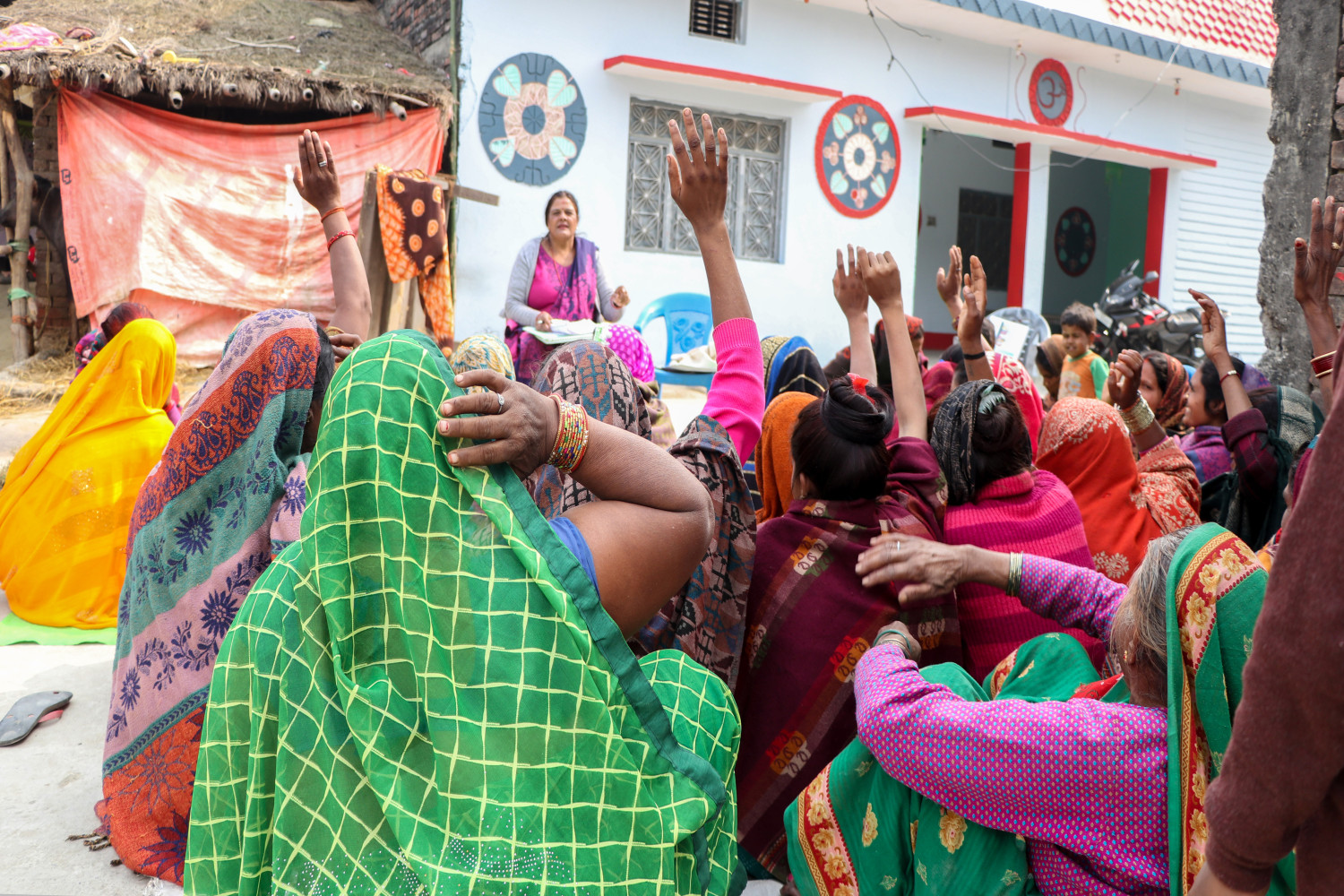Non-communicable diseases (NCDs) are emerging as the leading cause of death globally and also in the South East Asia region including Nepal. Cardiovascular diseases (CVD), Chronic non-infectious respiratory diseases (like COPD), Cancers and Diabetes Mellitus are referred as essential non-communicable disease with well-established common modifiable risk factors. Tobacco use, harmful alcohol use, unhealthy diet, high salt and trans-fat consumption, and physical inactivity are the common behaviorally modifiable risk factors of NCDs. NCD information on Nepal is scanty. However, available information indicate, an escalating burden of non-communicable disease (NCDs). Deaths due to NCDs have increased from 51% of all deaths in the country to 60% in 2014. Very little capacity or almost no services are available at the primary health care level to address NCDs prevention and control issues in Nepal. The primary health care providers are not yet trained to address diabetes related issues. Thus, to overcome these challenges, WHO developed a package of essential non-communicable (PEN) disease intervention strategy, designed for the integrated management of diabetes, hypertension, chronic respiratory disease and cardiovascular diseases.
To discuss more on this issue, a 4 day (3rd -6th November, 2016) training for trainers (TOT) was organized by the National Health Training Center (NHTC) in collaboration with World Health Organisation (WHO), Nepal to orient participants on using the clinical steps of the PEN protocol to provide services at primary health care setting. The programme was facilitated by renowned national and international experts on NCDs namely Dr. Bhagwan Koirala (IOM), Dr Pradeep Shrestha (IOM), Dr. Lonim Prasai Dixit (WHO Nepal), Dr. Oyere Onuma (WHO Headquarters Geneva), Dr. Gampo (WHO SEARO), among others. The participants included district managers, district supervisors, medical officers and health workers of 2 selected districts (Ilam and Kailali) where the Ministry of Health is piloting the first phase of the programme.
By the end of the event participants were able to provide brief interventions and counselling using 5A (Ask, Advice, Assess, Assist and Arrange) to patients/clients on tobacco and alcohol. They were further able to advice on physical activity and diet, and develop a consolidate plan of action to set-up PEN services at the health facility level.
Two representatives from HERD International also participated in the training, as HERD International has recently been implementing project on one of the component of NCDs- Diabetes. While the problem of NCDs, particularly the diabetes is increasing rapidly, this ‘Improving Access to Diabetes Care’ project aims to improve access of diabetes care in selected four districts (Kathmandu; Kavre; Dhading; and Nuwakot) of Nepal. The primary objective of the project is to develop capacity of health workers on diabetes detection, prevention and management, enhance awareness through policy dialogues and interaction with media people and school teachers, and bring behavioural change in general population through mass campaign. This is the first project which utilises the novel programme implementation approach having partnership between the non-governmental organizations and Ministry of Health to deliver diabetes screening, prevention and management services at primary health care setting.
Overall, the training programme was a great opportunity for us to learn about newly endorsed PEN package and NCDs, particularly diabetes – its screening, prevention and management at primary health care setting; area where our project is mainly focused on. Alongside, as we are in the initial phase of project development, this training programme served as a platform for us to get in touch with the diabetes experts- to make coordination with, in days to come ahead.
One axiom that resided deep inside me at the programme was: “Eat your breakfast like a king and dinner like a beggar”.
As participants in the training, it made us think twice about the comfort zone we are living with in relation to our eating habits and physical activeness. The sessions highly encouraged us to make some visible change in community. We also realised that it is imperative that we practice what we advocate about healthier lifestyle.











Comments (0)
No comments found.